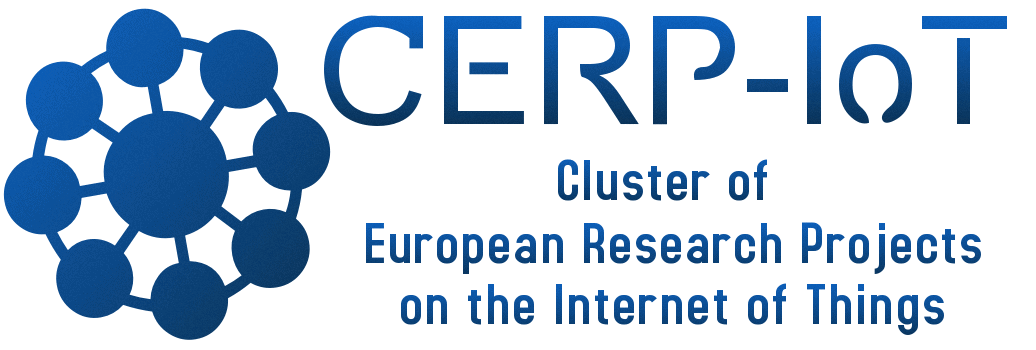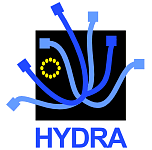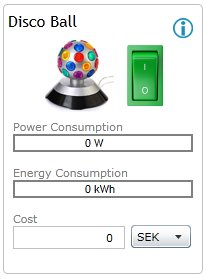Downloads: Towards Open World Software Architecture with Semantic Architectural Styles, Components, Connectors
Downloads Home > Scientific papers > Towards Open World Software Architecture with Semantic Architectural Styles, Components, Connectors
Towards Open World Software Architecture with Semantic Architectural Styles, Components, Connectors 1.0 | ||||
| Weishan Zhang, Klaus Marius Hansen and João Fernandes, University of Aarhus, Denmark, University of Iceland, Reykjavík: This paper presents an extensible knowledge base called SACoCo (Semantic Architectural styles, Components, and Connectors), by applying Web Ontology Language (OWL) and Semantic Web Rule Language (SWRL) where an Open World Assumption (OWA) is adopted. Runtime validations of component configurations and software architectural styles can be specified with SWRL rules. SACoCo improves the semantics of classical architectural styles, components and connectors, and can be used to dynamically validate software architectural styles and component configurations. Experiments with a pervasive web service compiler using OSGi and the Repository style show that the knowledge base is effective in improving the semantics of components and connectors, and is effective to validate component configurations and architectural styles, especially in open world environments. The paper was presented at the 14th IEEE International Conference on Engineering of Complex Computer Systems (ICECCS) 2 - 4 June 2009 in Potsdam, Germany. |
| |||
Download: 
(367 KB) |
||||
 |
Downloads: 100 Downloaded: 290078 Most Downloaded: D10.8 Business models in agriculture [ 12270 ] Most Recent: Hydra - LinkSmart brochure [ 3916 ] |





 The Hydra project is co-funded by the
The Hydra project is co-funded by the 





